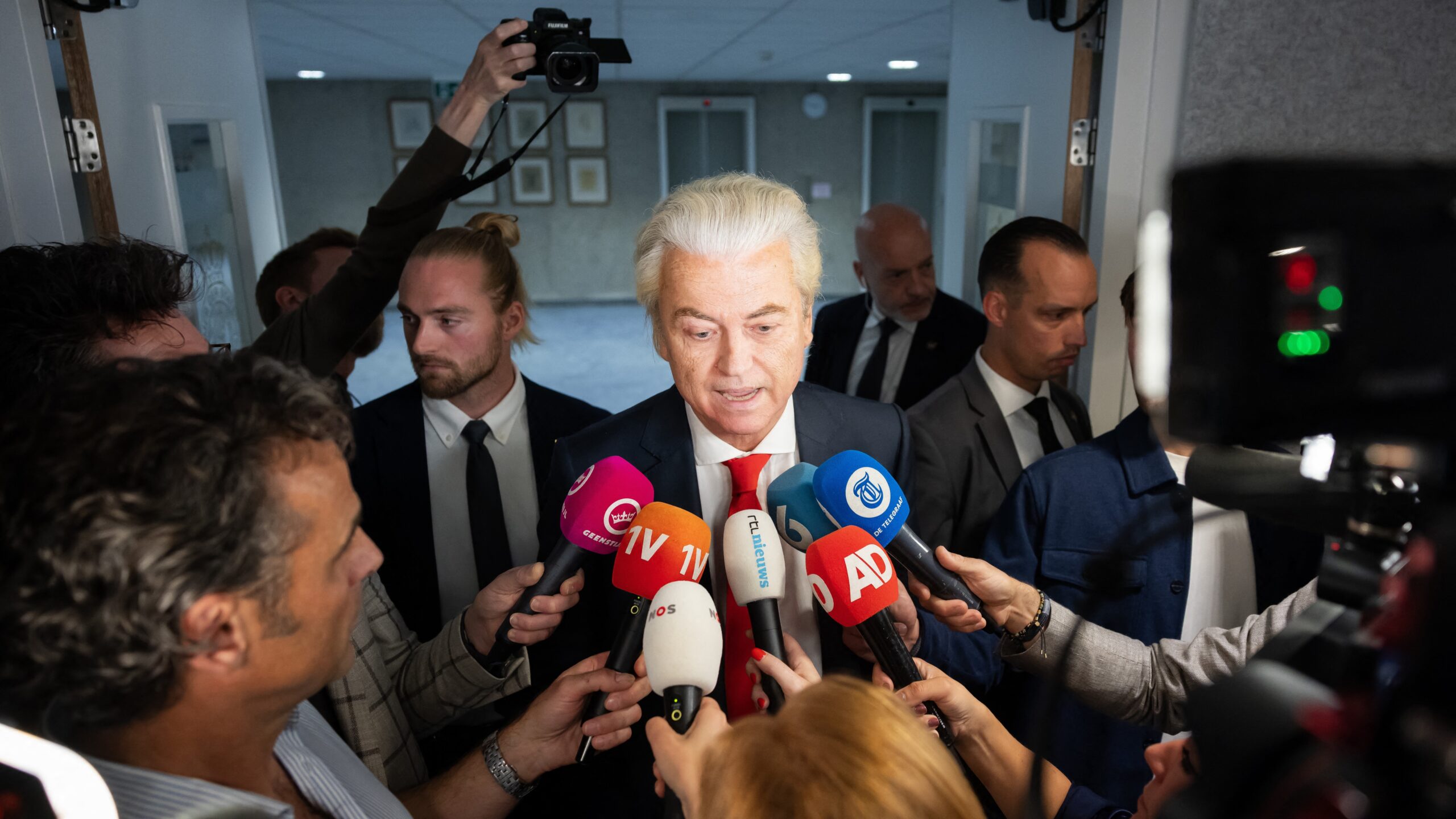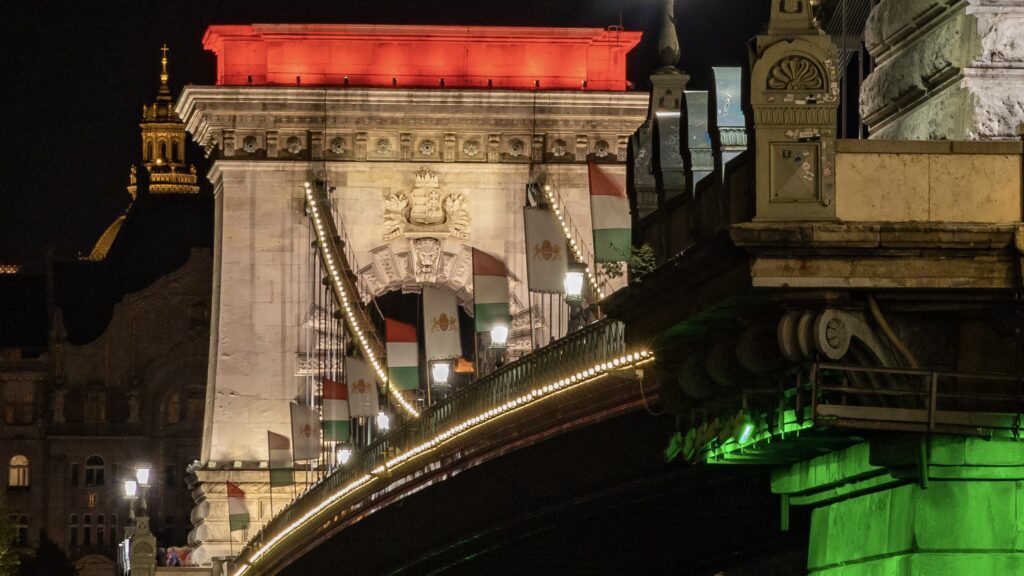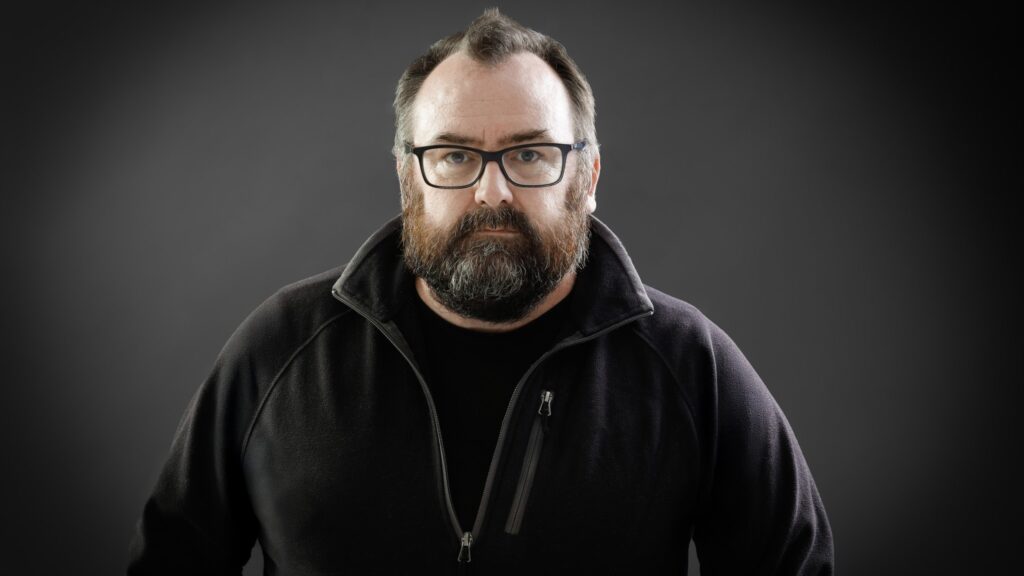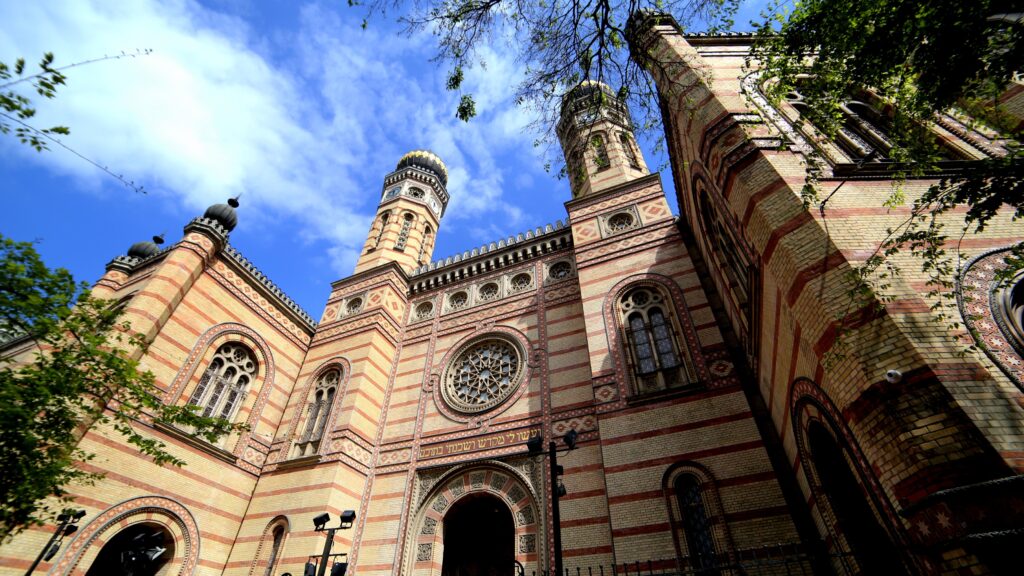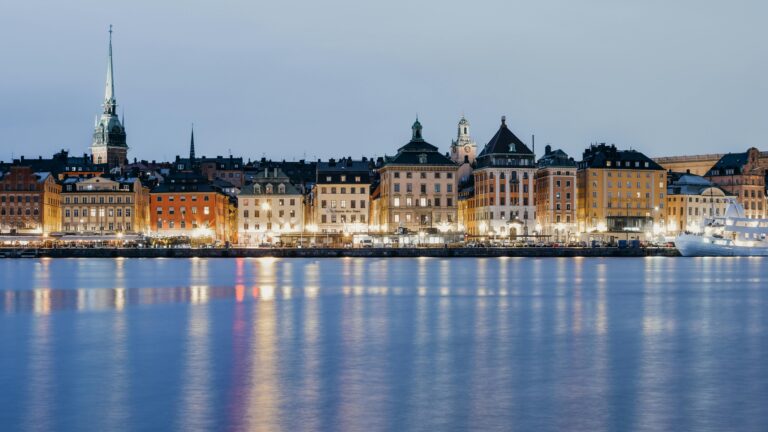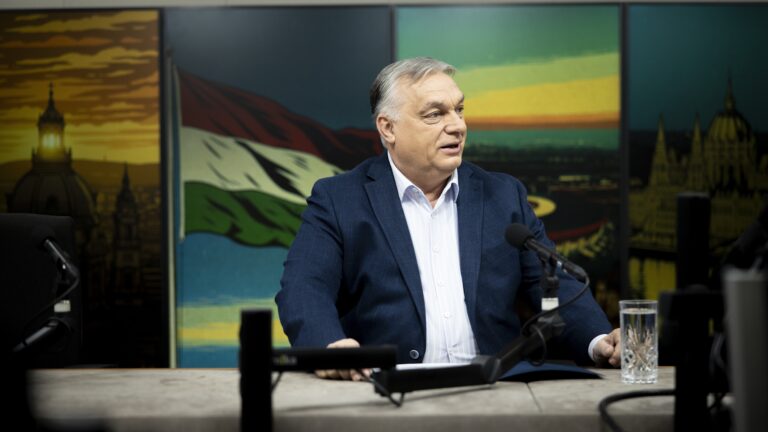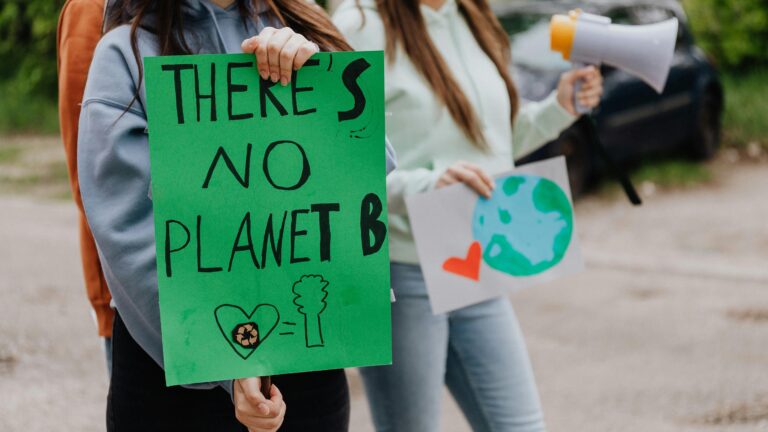On 3 June leader of the populist Freedom Party (PVV) Geert Wilders announced that his party would exit the Dutch governing coalition. Soon after, Prime Minister Dick Schoof confirmed that the government had officially collapsed and that new elections would be called.
To outsiders, Wilders’ decision may seem puzzling. After all, he had just led his party to its greatest victory ever in November 2023, securing 37 out of 150 seats in parliament. It was a historic moment for the PVV.
Following difficult coalition talks with the liberal People’s Party for Freedom and Democracy (VVD), the Farmer–Citizen Movement (BBB), and the newly founded New Social Contract (NSC), Wilders agreed to step aside from claiming the premiership, a position that usually goes to the leader of the largest party. He also put several of his more hardline proposals ‘in the fridge’ as it came to be known, such as banning the Quran, shutting down mosques or proposing for a ‘nexit’. In doing so, Wilders accepted the conditions set by establishment parties like the VVD and the NSC, which was created as a new centrist alternative after the decline of the Christian Democrats (CDA).
While his outspoken criticism of Islam was toned down, one red line remained: ‘We will implement the strictest immigration policy in Dutch history.’ Wilders’ plan was to allow the VVD and NSC to control key ministries such as Finance and Foreign Affairs, while the PVV would focus on immigration, with party loyalist Marjolein Faber appointed to lead that effort.
Where It All Started to Unravel
From the beginning, Wilders was well aware that most of the Dutch political and bureaucratic establishment opposed drastic changes to immigration policy. His plans were labelled ‘undemocratic’ and ‘unconstitutional’ by mainstream media, NGOs, the legal community, civil servants, and official advisory bodies.
To bypass resistance in the Senate, where the coalition lacked a stable majority, the cabinet proposed an emergency law to fast-track immigration reforms. However, the Council of State, the country’s highest legal advisory body, advised against it, stating that there was no justification for declaring an emergency. The NSC did not want to go against the Council’s advice, as this would be ‘unconstitutional’, and the proposed emergency law was abandoned. This left the PVV with little choice but to pursue standard legislative procedures.
‘With a fertility rate of only 1.62 children per woman, well below the replacement level of 2.1, the Netherlands depends on immigration to grow its population’
Although the coalition managed to pass some measures, such as ending permanent asylum permits, these steps had little tangible impact. Immigration continued to rise, and the population grew by 21,000 in the first quarter of 2025, entirely due to immigration. With a fertility rate of only 1.62 children per woman, well below the replacement level of 2.1, the Netherlands depends on immigration to grow its population.
As it became clear that his immigration agenda was stalling and public trust in the PVV was slipping, Wilders demanded sweeping changes. When negotiations failed to produce meaningful concessions, the PVV decided to walk away from its first real coalition government (discounting its earlier support role in a minority government).
The other coalition parties deny the PVV’s claims that they were unwilling to cooperate on stricter migration plans. They argue that the PVV’s own migration minister is partly to blame for the lack of progress, and they also point out that the PVV’s proposals were not properly developed. It pains me to say it, but they make some valid points. Although we cannot know exactly what happened behind the scenes in the political arena, the reality is that all coalition parties could have performed better.
Why It Was Always Headed for Collapse
Looking back, it’s easy to say the coalition was doomed from the start. But if the Dutch right wants to move forward, it must first do ‘an autopsy’.
Let’s start with the low hanging fruit. This coalition, especially the PVV, faced fierce and constant resistance from entrenched institutions. Civil servants resisted both openly and behind the scenes. The media continued to portray the PVV as extremist. Legal institutions, advisory councils, and NGOs offered no support. As an example, The Dutch leftist writer Arnold Grunberg admitted on Dutch television that senior officials of the ministry of migration told him that they would do everything in their power to work against the PVV’s migration policy.
Let’s get to the uncomfortable truth: the PVV also bears responsibility for the failure of our government. Since its founding in 2005, the party has revolved entirely around Geert Wilders—by design. The PVV has only one formal member: Wilders himself. Over the past 20 years, he has built a strong profile as a vocal opposition leader but has failed to develop the infrastructure of a serious governing party. Unlike other political movements, the PVV lacks think tanks, research arms, serious policy development, or talent cultivation. It remains, essentially, a one-man show with a handful of loyalists.
As a result, the PVV stagnated. It never evolved from a ‘protest party’ driven by superficial populism into a competent governing force with a serious intellectual conservative foundation. When the opportunity finally came to lead, Wilders lacked both the team and the strategic vision to turn ideas into policy. There was no clear roadmap, no administrative depth, and no institutional backbone.
‘When the opportunity finally came to lead, Wilders lacked both the team and the strategic vision to turn ideas into policy’
This made it easy for the existing progressive system to obstruct and outmanoeuvre the party. While that resistance is real, simply blaming the ‘deep state’ or progressive elites won’t cut it. If conservatives in the Netherlands are serious about long-term change, they must look inward. For years, the left has dominated education, media, legal institutions, and civil society. The right has complained about this, but has rarely built counterweight institutions or made meaningful efforts to regain influence in those areas.
What Now?
New elections are expected later this year, and the Dutch right faces a painful dilemma. On one hand, there is a clear need for change: uncontrolled immigration, extreme climate policies, and growing EU interference are major concerns. On the other hand, the right still lacks the organization, leadership, and infrastructure to deliver that change.
If there is to be any hope in the short term, right-wing parties will need to set aside their differences and form a united front. A broad conservative alliance is likely the only way to achieve real results. The idea that a brand-new movement could rise quickly, like FVD or BBB once did, is tempting, but unrealistic with elections fast approaching.
Still, surprises can happen. And while the odds may be slim, the hope remains that Dutch voters, tired of progressive policies and their consequences, won’t simply fall back into the arms of the establishment.
Polls offer little reason for optimism. But that only makes the task more urgent. Change will not come through wishful thinking. It will require hard work, serious preparation, and long-term investment in talent and ideas.
Lastly, while political change is urgently needed in the Netherlands, conservatives must begin seriously investing in their civil society and ideological infrastructure. Until that happens, I’m afraid the only thing conservatives in the Netherlands will be able to do is complain.
Related articles:

